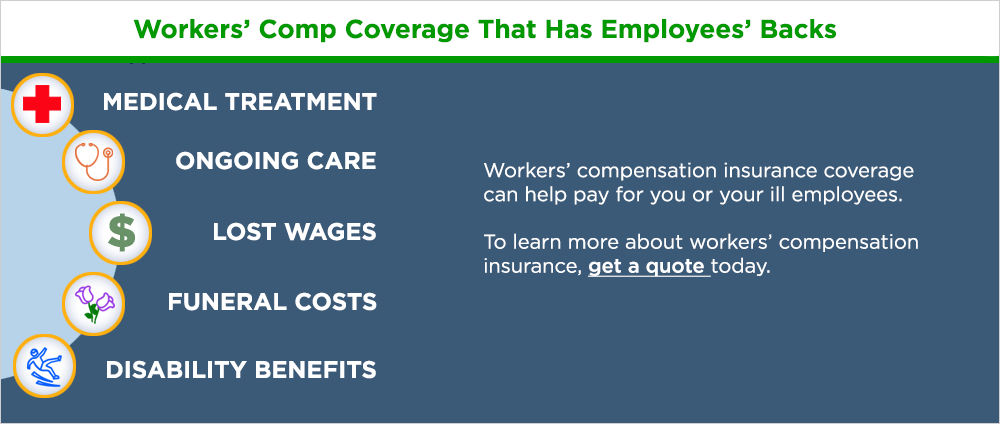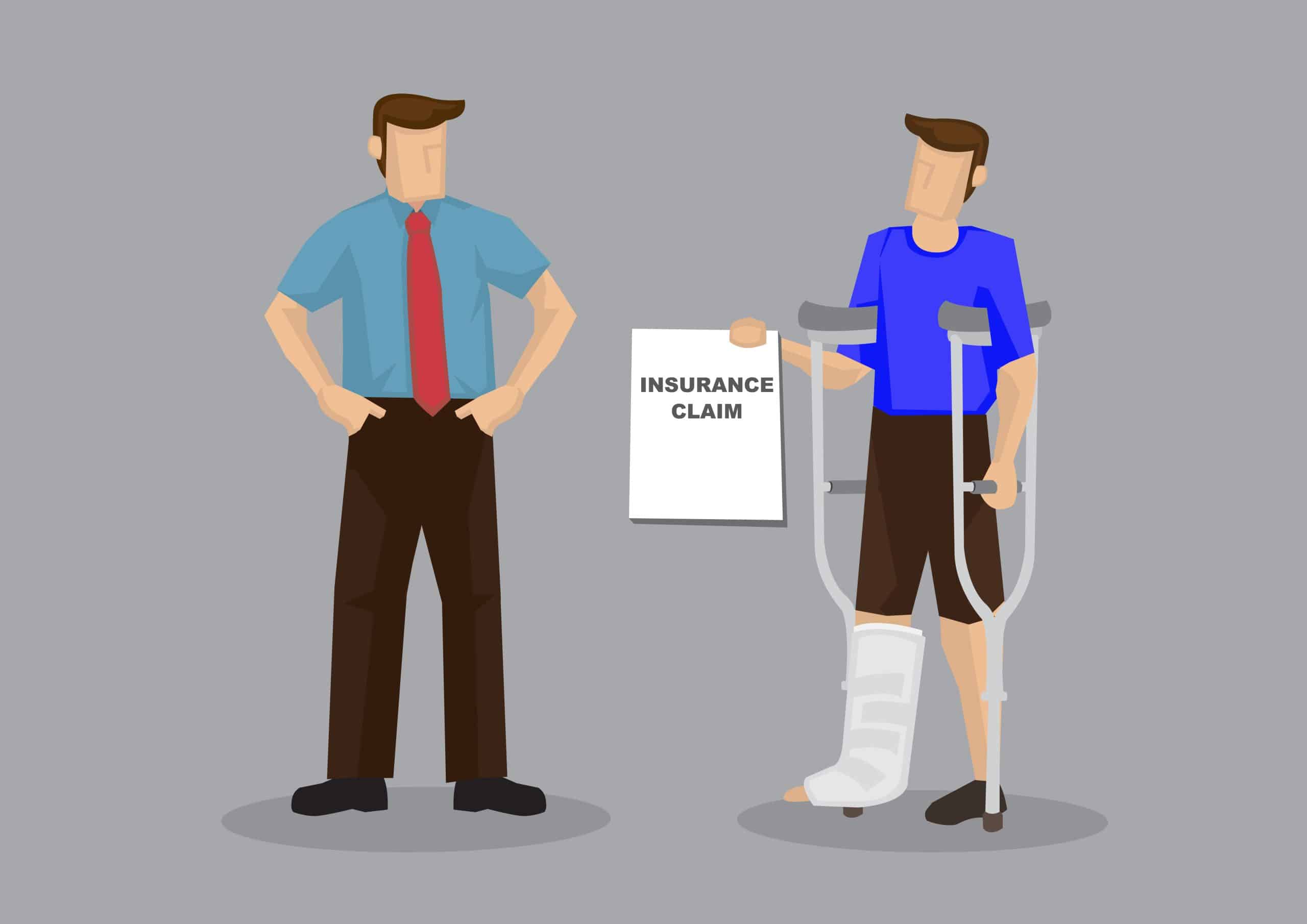Rumored Buzz on Worker's Compensation - Purdue University


Bureau of Workers' Compensation - Ohio.gov
What is workers' compensation? - Nationwide for Dummies
Therefore, a company may choose to buy a policy that combines Coverage A and Coverage B. Who Pays Workers' Settlement Insurance Coverage Premiums? The employer pays the workers' compensation insurance coverage premiums. There is no payroll deduction, as for Social Security advantages. The company is required by law to pay workers' settlement advantages as established by specific state laws.

How Long Will I Receive Workers' Compensation in Georgia?
There likewise are different rates depending upon whether the employees covered are carrying out low-risk or high-risk jobs. The fees for the insurance are based on the business's payroll numbers. Just as examples: In California, workers' compensation costs an average of 40 cents for every $100 in payroll for low-risk employees and $33.

Workmans' Comp and Workers' Comp Insurance - The Hartford
What Does Workers' Compensation - U.SDepartment of Labor Do?
In Florida, the average is 26 cents per $100 for low-risk jobs and $19. 40 for high-risk jobs. In New york city, the average is 7 cents per $100 for low-risk tasks and $29. 93 per $100 for high-risk tasks. How Do You Request Workers' Settlement? The guidelines for getting employees' settlement differ by state.
Report the injury or disease to your company. The company needs to take it from there, filing your claim with the insurance provider. You can follow through with the employer's insurance coverage company to ensure a claim was submitted. If PBIB Insurance is denied, you can appeal the decision with your state's workers' compensation board.

Get This Report about Workers Compensation Insurance - Paychex
Beyond that, every state composes its own guidelines. For instance, Arkansas specifically leaves out farm workers and genuine estate representatives from eligibility. Idaho excludes domestic employees. Louisiana omits musicians and crop-dusting aircraft team members. The Bottom Line Every state (except Texas) requires companies to provide workers' payment protection to at least a few of their staff members.
Specialists and freelancers are seldom covered, and many states omit particular professions from the required or otherwise limit the scope of the advantages. The majority of states have online sites that can assist you figure out if you're covered by workers' payment insurance. For instance, the state of Florida's Division of Workers' Compensation has info on its program, links to the necessary types, and a database that can inform you whether your employer has coverage.
